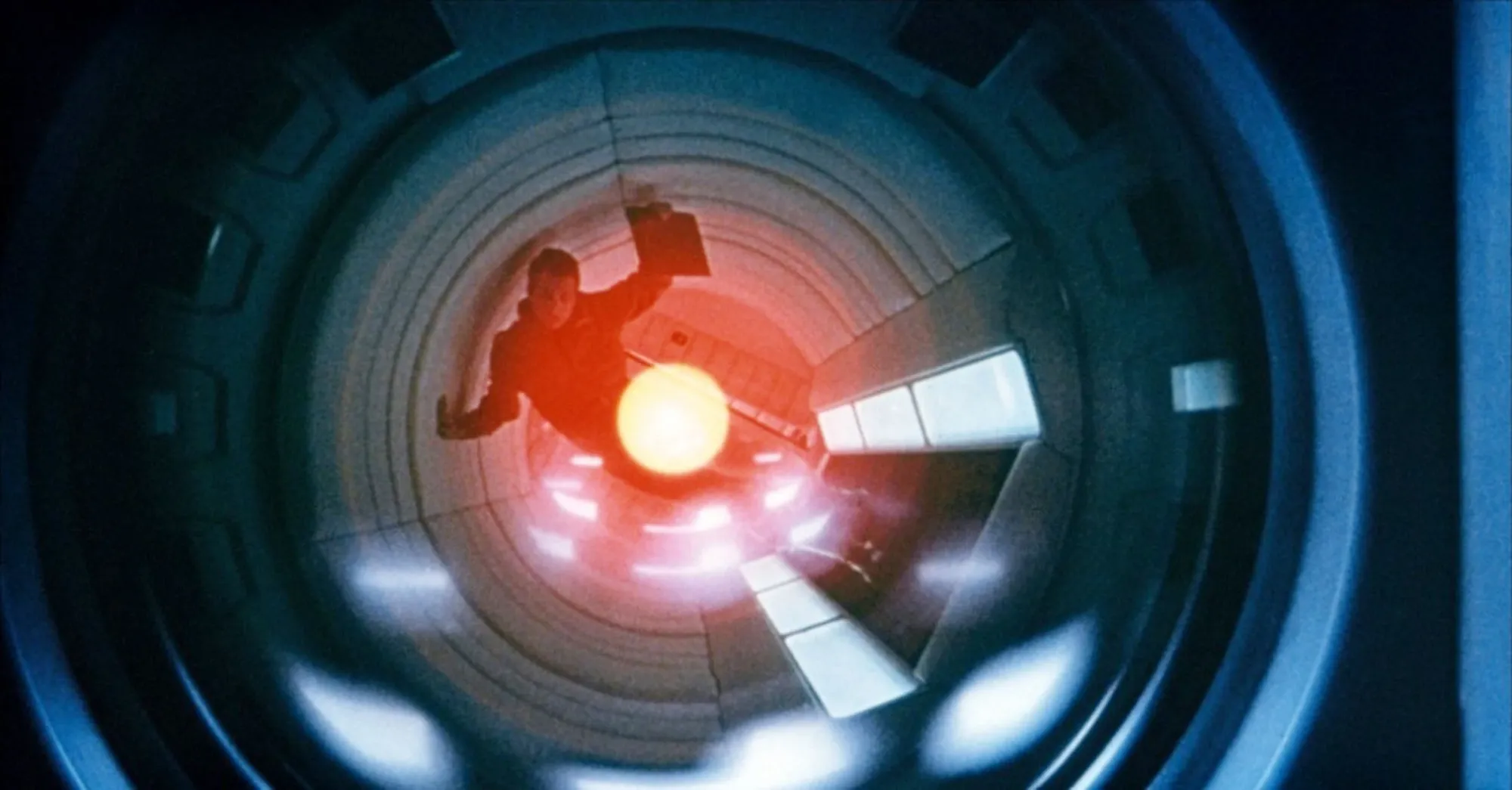2001: A Space Odyssey and HAL

"We re-watched 2001: A Space Odyssey last night, and wow, it truly is the greatest science fiction movie of all time. And the film that defined the AI Horror genre. It is remarkable that this movie was made 52 years ago and is addressing issues that are only now happening, in such a remarkably prescient way.
And holy wow how beautiful is that movie.
Also, watch it in remastered 4k on a great TV/projector with good sound. The sound design is impeccable and tells the story so much.
We did some thinking on why HAL did what he did, which is a fascinating rabbithole. Here's our perspective. Spoilers below, I highly recommend not reading if you haven't seen it!
There's a few guesses in here. I think the writers deliberately didn't want this to be clear, but I feel pretty good about this interpretation of events.
First off, we can assume that HAL is lying about the fault, given that the humans don't find it, and he seems unstable.
So Hal asks David Bowman if he has doubts about the mission, and if he knows whether an alien artifact was found on the moon. We can assume that HAL is studying him to see whether he is lying. Immediately afterward, HAL moves forward with announcing the fault in the comms system. So we can assume that David's answer is what gives him enough information to go ahead with a plan to take over the ship.
At first, it seems like HAL wants to know what happened on the moon, and gleans from David's answer that David is lying to him and there was indeed an artifact. Later, we learn that HAL knew for sure about the artifact and David didn't. So the new piece of information HAL gets is that David is unaware of the monolith.
I also presume that HAL decided to do something before he saw the astronauts talking about disconnecting him, because it's hard to see a reason he saw a fault where the other HAL 9000 computer didn't. That HAL was identical to this one, with the possible exception that it didn't know the top secret information about the monolith. If that's true, then that is the key difference.
HAL said that the mission is too important to rely on the humans, and I'm inclined to believe that is part of his motivation. My guess is that he looked at the importance of this mission and the likelihood that the humans could fuck it up, and the reason he asked David the question was to see if there was some information HAL didn't know. HAL likely had programming exercises and contingencies programmed into his system for alien encounters, whereas if the humans didn't even know what was up, they wouldn't have extra preparation HAL didn't. Once he knew that there wasn't, he was able to rely on his own conclusions. (He also may have wondered if there was key information about the alien encounter that had been hidden from him.)
The one question that I still have is why HAL allowed Frank Poole to come back onto the ship and see that the comms model was faulty. He could have ejected him during the first space walk, and then later caused a fault in the backup comms module requiring David to go outside and fix it.
//
One thing that I tried to wrap my head around was the connections between the AI vs Humans story and the Human Evolution Acceleration story. How do the two dovetail?
It's interesting to imagine that If HAL had won, he may have been the one to become the star child. He was, in some ways, the greatest mind created from the chain of causality made by the introduction of tools. And perhaps, on some level, HAL knew that this was what he was fighting for.
If so, why is it that the humans won? I see a parallel between the apes vs lepopards in the opening, where the apes are the ones who are chosen, and AI vs humans. Perhaps it's that the humans were the ones to cooperate — all the humans in the film are altruistic and cooperative, and the AI was the one to draw the conclusion that others could not be trusted. It's certainly an indictment of the self-story of infallibility.
What do you think?"
